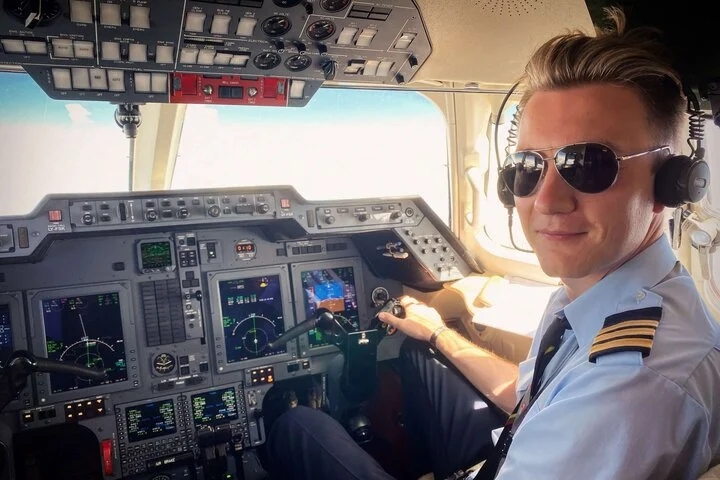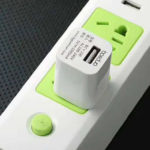The regulation prohibiting pilots from having beards may come as a surprise to many. However, this is a common practice in the aviation industry, put in place to ensure maximum safety.
Why do many airlines prohibit pilots from having beards?
The first reason why many airlines prohibit pilots from sporting beards is related to image and branding. Airlines often prioritize projecting a professional image of their pilots. Bushy beards or goatees may convey a sense of untidiness, impacting the overall impression of both the pilot and the airline. Nonetheless, this isn’t the primary rationale behind the prohibition.
The primary reason for the no-beard policy among airlines is safety, particularly concerning the use of oxygen masks.
In the United States, while a clean-shaven mandate isn’t an FAA regulation, several major airlines have strict rules regarding their pilots’ facial hair for safety purposes. For instance, American Airlines requires its pilots to be clean-shaven before reporting for duty.
As explained by an American Airlines spokesperson in an interview with Thrillist, “We do not allow our pilots to have beards while on duty, and this is solely for safety reasons—one of the most, if not the most, important in our industry.”
In emergency situations, pilots need to don oxygen masks to maintain breathing capability when the cabin loses pressure or in other necessary scenarios. These masks are designed to fit snugly against the face, creating a tight seal to prevent air leakage. Beards can interfere with the formation of this seal, resulting in air leakage and reduced mask effectiveness.
Moreover, during in-flight emergencies, every second counts. If the oxygen mask fails to function optimally due to beard interference, the pilot could experience oxygen deprivation, leading to a potential loss of aircraft control and endangering the lives of both the crew and passengers.

The primary reason for the no-beard policy among airlines is safety, particularly when using oxygen masks. (Image: AeroTime)
There are also some technical considerations regarding the prohibition of beards among pilots. In the cockpit, pilots need to use headphones and microphones to communicate with ground control and other crew members. Long beards can cause audio interference or hinder the proper functioning of microphones, impacting communication during critical situations. To ensure the maximum effectiveness of oxygen masks, pilots are not only required to be clean-shaven but also to refrain from wearing anything on their faces.
In certain exceptional cases, pilots may be granted permission to keep beards for religious reasons. However, they need to comply with specific requirements regarding beard length and style, ensuring that it doesn’t compromise flight safety.
Aspiring pilots must meet exceedingly high standards of health and other unique physical attributes. For instance, their bodies must be free of scars, and they must not have any abnormalities in their cardiovascular, respiratory, digestive, urinary, or reproductive systems, as well as their ears, nose, sinuses, or throat, that could impact their ability to perform their duties and ensure flight safety.
Pilots are required to have excellent hearing, being able to hear regular speech from a distance of five meters and whispers from half a meter away, and they must maintain good oral health and dental care.
Additionally, they are not permitted to fly if they have any infectious diseases, sexually transmitted infections, hepatitis, or parasitic infections that could jeopardize flight safety.
According to VTC News
Explore 12 Amazing Destinations for Biking Trips
Unlock Vietnam in a brand new way with an exciting biking tour! Discover the stunning beauty of the country with Dien May XANH’s top 12 must-see destinations. From sweeping plains to clear blue beaches and mountainous vistas – experience all the sights with your own personal cycling tour. Find your ideal route and set out for an adventure today!





































